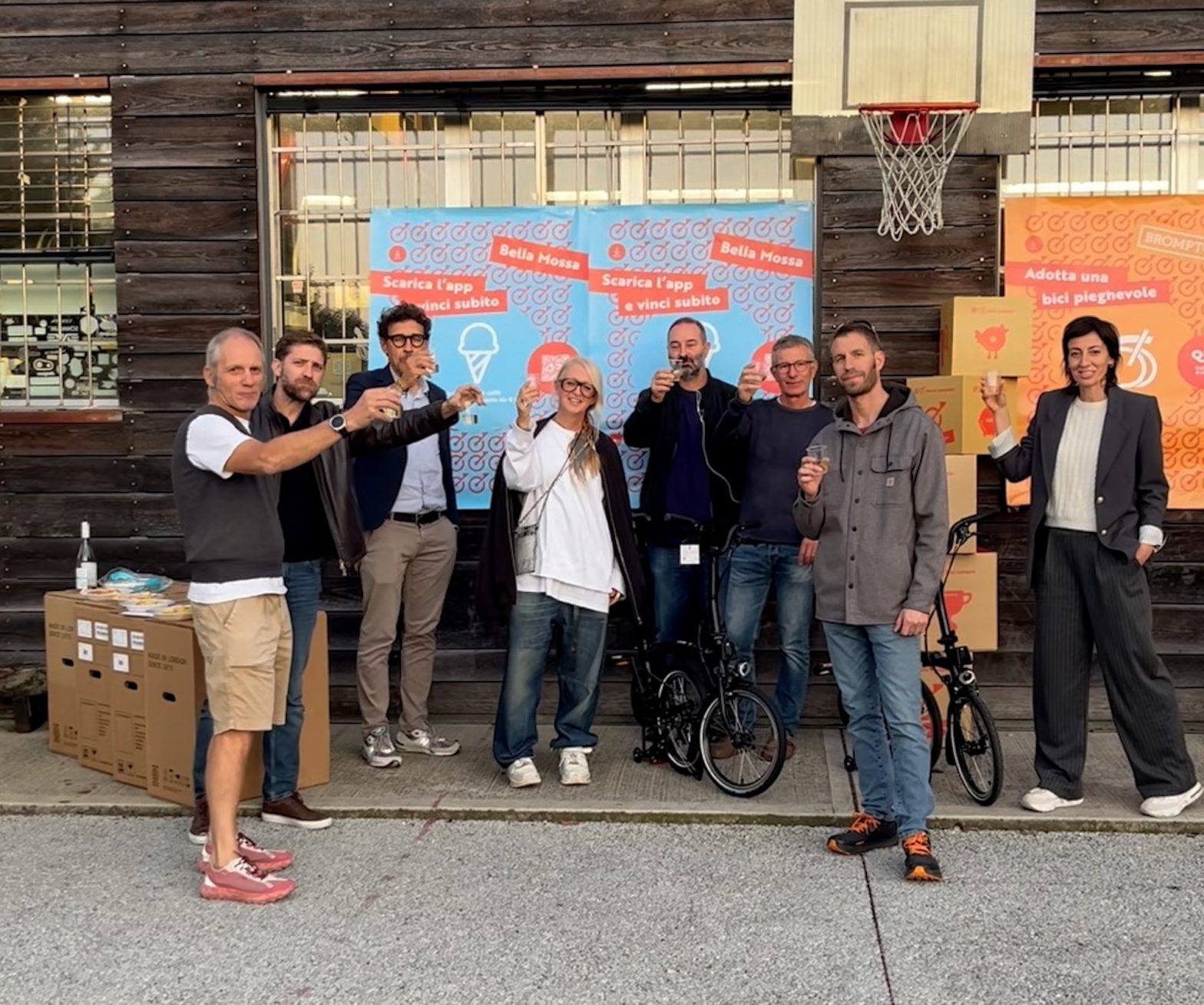
Photo: Cities Today
Costs and ‘lack of motivation’ pose transport hiring challenges
07 June 2023
by Christopher Carey
Public transport operators must develop new strategies to attract the next generation of workers, according to a panel of experts speaking at the UITP Summit this week in Barcelona.
While high labour and energy costs are a challenge to operators, attracting motivated workers is also an increasingly complex issue.
In Brussels, Brieuc De Meeûs, CEO of the city’s public transit agency STIB-MIVB, said his organisation has faced a sharp increase in labour costs due to the fact that employee salaries are linked to an inflation index.
“Over the last year we have seen a 10-12 percent rise in wages, and we’re expecting another four percent this year,” said De Meeûs. “Each time it increases by two percent it costs us €14 million – it’s a lot of money.
“And there is another effect. We have a new generation [of workers] who do not come to work as others would have in the past.
“They are less involved in the company, and less motivated to come and work. This means they are less productive – indirectly this costs money through absenteeism and a lower quality of work.”
Inspiring the next generation
In France, where labour is approximately 60 percent of all operating costs for public transport agencies, the shortage of skilled workers was exacerbated by the pandemic when training cycles were disrupted.
This, coupled with an ageing workforce and absenteeism, has put pressure on workforce development.
But trying to inspire the next generation to work in public transport has also proved to be a challenge.
“Sometimes for young people there are perceived ideas about what it’s like to work in public transport – staggered hours and working on weekends makes it harder to convince them to join,” said Jean-Philippe Peuziat, Director of Public and EU Affairs at the French Association of Public and Rail Transport (UTP).
“But there are other things we can look at [to make public transport more attractive]. For example, young people are more interested in climate change, so working in public transport complements that,” he commented.
Energy costs
The increase in energy costs as a result of Russia’s war on Ukraine has seen some cities’ costs rise fivefold, as was the case in Budapest.
A lack of government intervention also placed a huge strain on the city’s finances, said Katalin Walter, CEO of Budapest’s transport operator BKK.
“The city of Budapest did not receive a penny of support from the Hungarian government.”
“This called for a different solution – for the first time the city and its agencies did not contract for long-term contracts, which would normally be the right thing to do. We went for spot prices, and fixing prices and volumes on a monthly basis.
“This actually helped the city to survive.
“We had some strange market distortions. Hungary did have a price cap on petrol for private cars and even taxis until the end of last year, but public transport did not have any support.”
Support needed
Similarly in France, the French Association of Public and Rail Transport has found it difficult to obtain government support.
“It has hit the sector very hard – we have tried to obtain support from the French state, but it has been difficult,” said Peuziat.
“For electricity we had to wait for months before we got some support. We were trying to have a price cap regulation, but didn’t obtain this. The first answer from the government was ‘consume less [energy]’, but after months of discussions they finally gave €300 million to French public transport authorities as a compensation for energy prices, but that was far too low when compared to the costs.”
The need for government support to keep public transport moving was echoed by Karima Delli, Chairwoman of the Transport and Tourism Committee of the European Parliament.
“Public transport is a common good for all people. We need to make sure that it is not affected by the energy crisis. If it’s too expensive to use the car [due to increased fuel costs] public transport must provide.
“So it is only fair that governments do everything they can to maintain and increase public transport during a time of crisis.”













